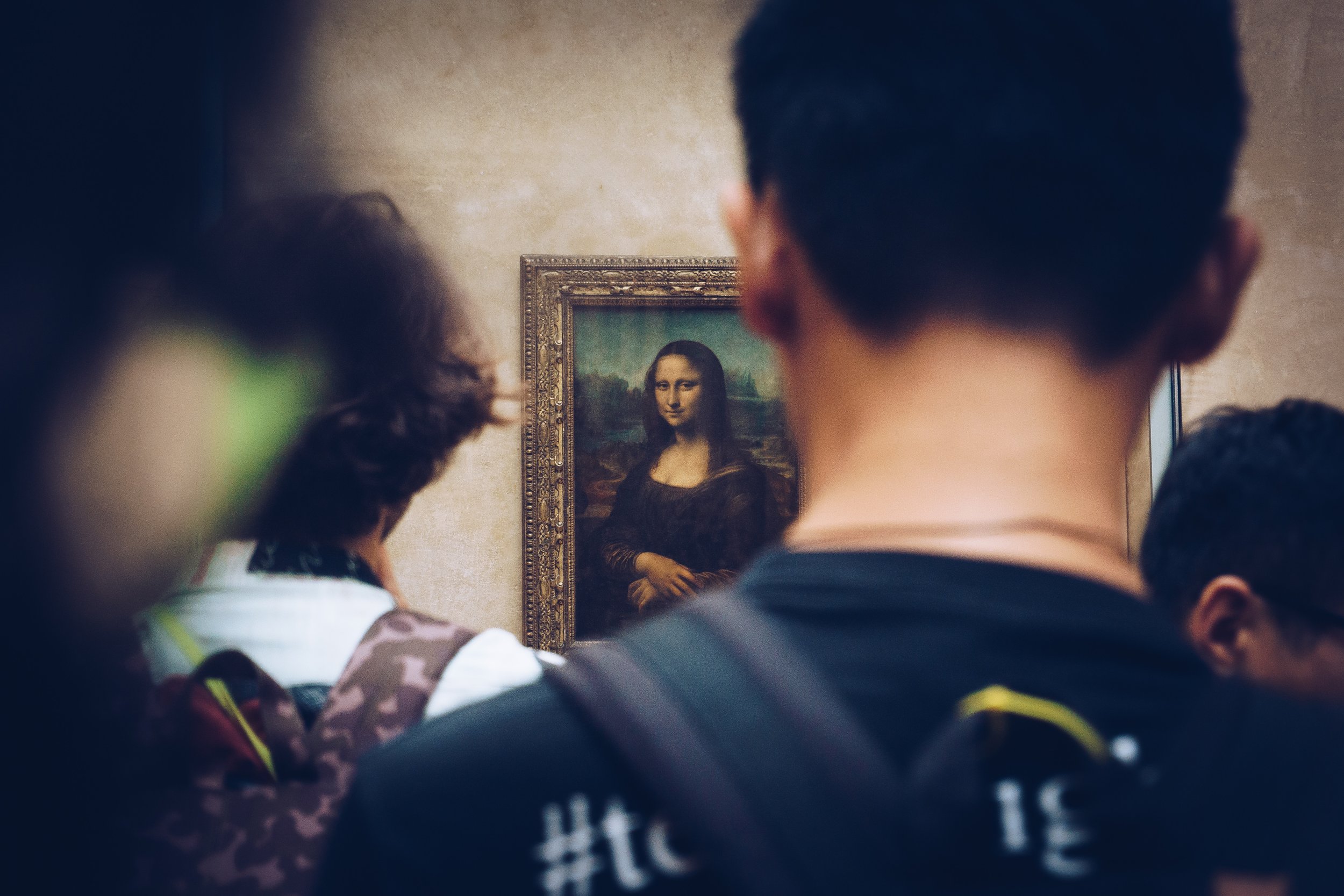Theologian’s Almanac for Week of April 14, 2019
Welcome to SALT’s “Theologian’s Almanac,” a weekly selection of important birthdays, holidays, and other upcoming milestones worth marking - specially created for a) writing sermons and prayers, b) creating content for social media channels, and c) enriching your devotional life.
For the week of Sunday, April 14 (special Holy Week edition!):
April 14 is Palm Sunday, commemorating Jesus’ jubilant entry into Jerusalem. It’s essentially a piece of street theater dramatizing Zechariah’s ancient prophecy: the long-awaited divine monarch arrives on a humble donkey, announcing “peace to the nations” (Zech 9:9-10). Shout hosanna! The new era, the Great Jubilee, has begun!
April 15 is tax day in the United States - not often understood as a theological event! But taxes, after all, are a primary means by which we, the people, pool and allocate our collective resources for the sake of the community as a whole: bridges and roads, Medicare and the military, food security and public education. The earliest Christian communities also organized themselves with this basic choreography: pooling and allocating (Acts 4:34-35). Exactly how we pool and allocate remains a subject of intense debate, of course - but in any case, while it’s common to grumble about “paying taxes to the government,” in fact our taxes are one of the most concrete, consequential ways we chip in to support one another.
April 15 is also the birthday of Leonardo da Vinci, born in Vinci, Italy, in 1452. A man of multiple interests and talents, he’s best known for The Last Supper (worth recalling this week in particular, since that supper itself will be commemorated in just a few days) and of course the enigmatic Mona Lisa. The Mona Lisa hangs today in the Louvre in Paris, typically surrounded by a throng of cell-phone-toting tourists - but just a few feet away is another Leonardo masterpiece that often goes unnoticed: his haunting portrait of John the Baptist, emerging from the shadows, pointing toward the cross.
April 17 is the birthday of the American novelist and playwright, Thornton Wilder. Wilder won Pulitzer prizes both for his novel, “The Bridge of San Luis Rey,” and his beloved play, “Our Town,” one of the most-produced plays in American history. Each work shimmers with theological themes. The novel is the story of a bridge that collapses in 18th-century Lima, Peru, killing the five people crossing it - and a Franciscan friar who, after witnessing the tragedy, tries to figure out why those five people had to die. And “Our Town” is what Wilder called “a little play with all the big subjects in it; and it’s a big play with all the little things of life lovingly impressed into it... an immersion into a New Hampshire town.” One of its principal characters, Emily, famously says, “O Earth, you’re too wonderful for anybody to realize you. Do any human beings ever realize life while they live it? - every, every minute?”
April 18 is Maundy Thursday, “maundy” from the Latin mandatum, “command” or “mandate,” a reference to the “new commandment” Jesus gives his disciples on the eve of his death: “I give you a new commandment, that you love one another. Just as I have loved you, you also should love one another” (John 13:34). Not an abstract or generic “love,” then, but a love “just as I have loved you”: compassionate and tangible, as simple and strong as kneeling to wash someone’s feet and then drying them with a towel (John 13:1-15).
April 19 is the anniversary of the 1995 Oklahoma City bombing, the deadliest act of domestic terrorism in United States history. What was Timothy McVeigh’s motive? He sought revenge against the government for the raid - exactly two years earlier, on April 19, 1993 - of the compound near Waco, Texas, occupied by the armed, extremist Christian sect led by David Koresh. The connection between these two events, and their origin in a distorted, abusive, violent form of Christianity, is worth remembering today (Good Friday this year), especially in light of the recent surge in hate groups and domestic terrorism in the United States.
April 19 is Good Friday, commemorating the crucifixion of Jesus of Nazareth. All four Gospels link the crucifixion to Passover, a clear signal that we should understand his death first and foremost as a sign that God is once again liberating God’s people, inaugurating a New Exodus in the tradition of the exalted exodus from Egypt.
April 19 is this year’s beginning of Passover, the Jewish commemoration of the Israelites’ exodus out of Egypt, from slavery to freedom. Today the holiday is marked in many Jewish homes by a Passover seder, a festive meal dramatizing the exodus through stories, song, and ritual foods (such as matzah (unleavened bread) and maror (bitter herbs)).
April 20 is Holy Saturday, for Christians a day of silence and waiting, and also the day, it is said, when Jesus “descended into Hell” to free those held captive there. It is a day of shadows and ambiguity, a time of mourning and hope-against-hope. Holy Saturday’s silence is broken by the “Alleluia” of the late-night Easter Vigil - or the dawn of Easter morning.

